Trust, but verify: How to avoid traps when choosing a property management company in Phuket

Becoming a property owner in Phuket is a dream for many. But how do you avoid falling prey to pseudo-managers, scammers, or simply inexperienced operators? Let’s break down what you need to know to steer clear of trouble.
A quick disclaimer:
This text isn’t meant to offend anyone. If you recognize yourself in any of the portraits below, please don’t take it personally. It’s purely coincidental.
Have something to add or disagree with? Share constructive comments — let’s discuss!
The goal of this article is educational.
So that first-time property owners in Phuket know what to watch out for in the Phuket’s management market. The juiciest part is closer to the end, of course!
Criteria for Choosing a Property Management Company
Picture this: you’re the happy owner of a property in Phuket and you’re looking for someone to manage it. You want steady income, great condition, and the option to block dates for your own holidays. Add regular reporting and transparent payouts — and you’ve got the ideal scenario.
But once you step onto the market, you run into the “Wild East.” Agents, freelancers, acquaintances, relatives, small and large companies — everyone promises effortless profits. How do you choose among them?
Spoiler: There’s no perfect solution. You’ll need to keep an eye on the process.
Types of Property Management Companies
- Sales Agents. Typically take on management just to “prove” the returns they promised, hoping you’ll buy another property in a year or two.Pros: Personalized service and 1–3 years of good returns. Commission 0–15%.
Cons: Not viable over the medium/long term (5–15 years). You’ll develop inflated expectations unrelated to reality.
Risks: Being left alone with the market at any moment. Taxes. A worn-out asset. - Freelancers / Rental Agents. Focus mainly on rentals. Usually handle a pool of 3–25 properties.Pros: 15–20% commission. Personalized service.
Cons: Potential tax issues down the road, short-term rentals that aren’t legal, heavy dependence on OTA platforms, lack of reporting and oversight.
Risks: Low occupancy and poor yields. With no controls in place, there’s room for deception. - Mid-size Companies (25–100 units)Pros: Nascent professional management (3+ years’ experience), sometimes a central reservation system, agent relationships, their own client base. More experience than freelancers and generally better service.
Cons: 25–30% commission, little personalized service, few direct bookings without third-party fees (<20%) — i.e., OTA-platform dependence. Virtually no marketing budget. Not enough staff or time to properly service units.
Risks: Income swings from feast to famine. They may cling to you with over-promises or manipulation if needed. Properties drift into poor condition. - Large Companies (100–500 units)Pros: Serious experience (7–10+ years), professional approach, staff including maintenance, warehouses and offices, laundries. Process automation. Reporting. Clear, on-time payouts. Owner access to the booking system — transparency. In-house marketing and website. Large client base. About 50% direct bookings (Insignificant OTA platforms dependence).
Cons: Little personalized service (there’s just no time). High commission 30–40% (depending on whether it’s calculated before/after expenses and taxes). You’ll need to pay taxes since everything is above board.
Risks: Close to zero. - Mega-companies & Hotel Brands (500+ units, 20+ years). Professional, precise service. Proprietary booking channels combined with OTA presence.Pros: High rates on short stays. Stellar service quality for guests and owners. Breakfasts, transfers, and other perks. High-level property upkeep.
Cons: 40–60% commission. Internal bureaucracy — hard to hold anyone accountable and low transparency, especially with Rental Pools. Service costs can be inflated — the management company earns no matter what, unlike you.
Risks: Broken promises, convoluted contracts that protect them. No one to hold accountable. Low owner returns and high taxes (net yield <6%).
A Separate Category: Con Artists and “Trust Thieves”
Most often found in the first two groups (sales agents and freelancers), sometimes in the third. Unfortunately, spotting them before they burn you is hard. Let’s outline markers that suggest something’s off.
Dependent management risks
Please note that above I have mentioned exclusively INDEPENDENT management companies, which are neither affiliated with nor dependent on developer companies. Unfortunately, I am not aware of any successful cases where a developer-created management company has operated effectively for more than 2-3 years. By “successful,” I mean transparent conditions, a decent level of income, and good quality service with regular payouts. Therefore, I also recommend avoiding companies and properties where the developer usurps management rights, blocks the operation of third-party management companies, or prohibits self-management by owners. After all, you don’t want to become their hostage with your own money, right?
Red Flags
✅The agent ignores messages and calls for days — and you only have one number to reach them.
✅No social media presence backing up the claimed 10+ years in Phuket real estate. Uses a pseudonym, mangles their real name, or refuses to show a passport, Work Permit, or company documents.
✅Your reports don’t include copies of government bills for electricity and water, nor receipts for all stated expenses.
✅Reports are five to ten lines long and incomprehensible.
✅You were promised a payout that never arrived. Vacations happen, but even the wealthiest agent won’t be “away” for more than a month. A delay of 1+ months is a reason to sound the alarm.
✅Your property “sits empty” for 30+ days in high season and/or is regularly rented out for peanuts.
✅Huge monthly maintenance costs with low occupancy.
✅A fixed monthly “management subscription fee.”
✅No references or management reviews; the company is newly registered; the website was built last year; an Airbnb profile with only 20–50 reviews.
✅The company isn’t registered for VAT — turnover is tiny.
✅Registered capital is just 2 million — there’s at best one staffer.
✅Promises of 10%+ annual returns and/or guaranteed 8%+ per year.
✅You arrive and find someone living there, despite assurances there were no bookings.
✅Electricity bills show usage over 1,000 baht, yet the agent claims the place was vacant.
✅Big gaps in meter readings but no matching payment receipts.
✅You’re denied access to your Airbnb listing (for your property) and/or the booking system.
✅When asked about money or reports, the agent dodges and answers “around” the question.
✅The management contract fits on one or two pages.
✅No signed inventory of the property acknowledged by the manager.
✅Communication is unconstructive, emotional, manipulative — sometimes under the influence of alcohol or drugs.
A Word on Commission
Avoid choosing a manager solely by the commission rate. “Commission” can be calculated on revenue or profit; before/after expenses, taxes, CAM fees, repairs and fit-out; before/after third-party commissions — and so on.
In the end, the ability to generate bookings, year-round average occupancy, proper upkeep, and reliable execution matter more than a 5% difference in commission. If a company charges more but invests heavily in marketing, staff, and infrastructure, you’ll likely come out ahead compared to ending the year with a battered property and a “bargain” commission.
On the other hand, at commission rate 40%+ your take-home can become laughable.
Be careful and aim for the golden mean. I hope this article was useful. I’m looking forward to your comments and feedback. Thank you!
Sergei Shaliapin
Holy Cow Phuket
August 12, 2025




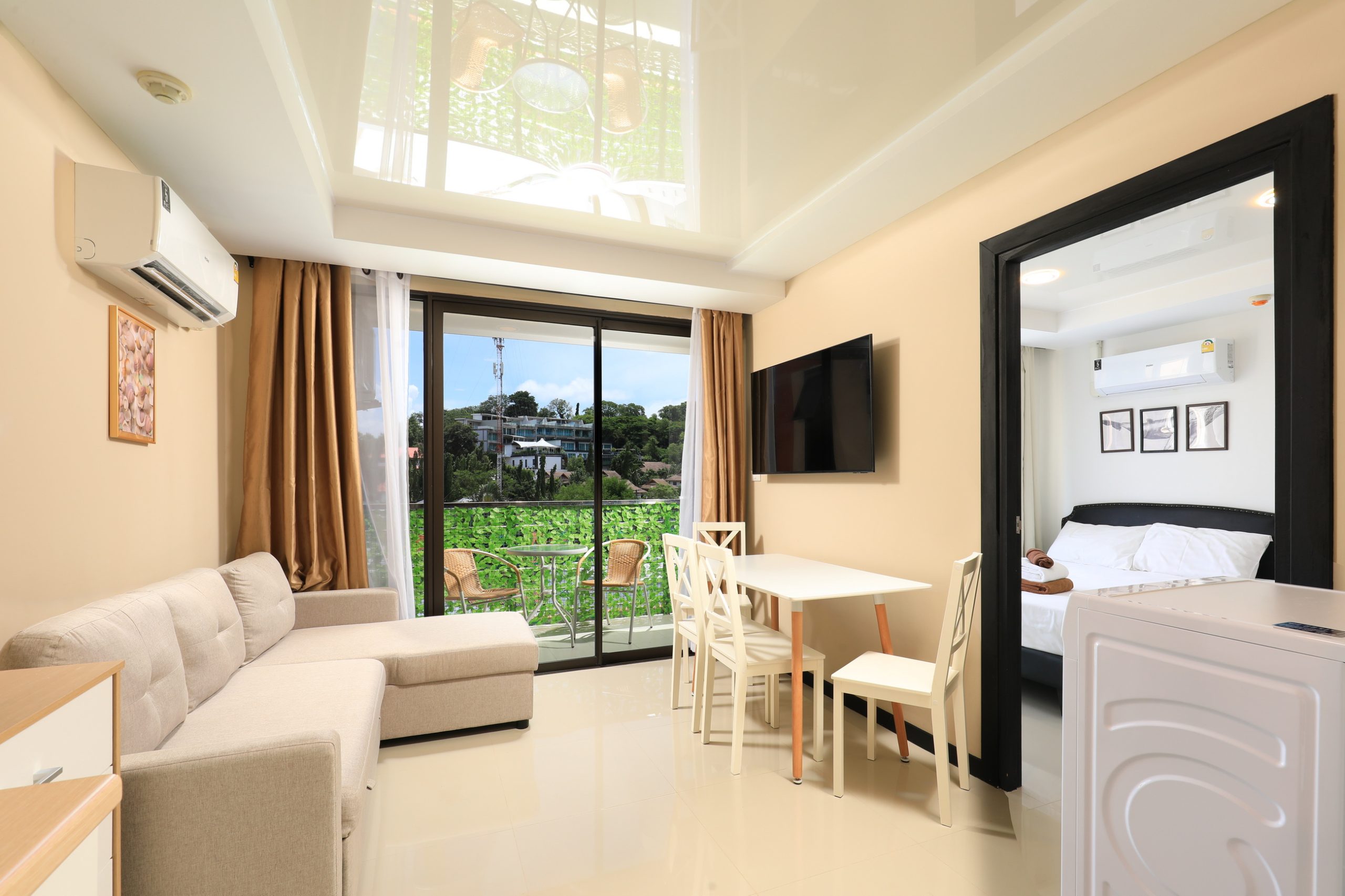
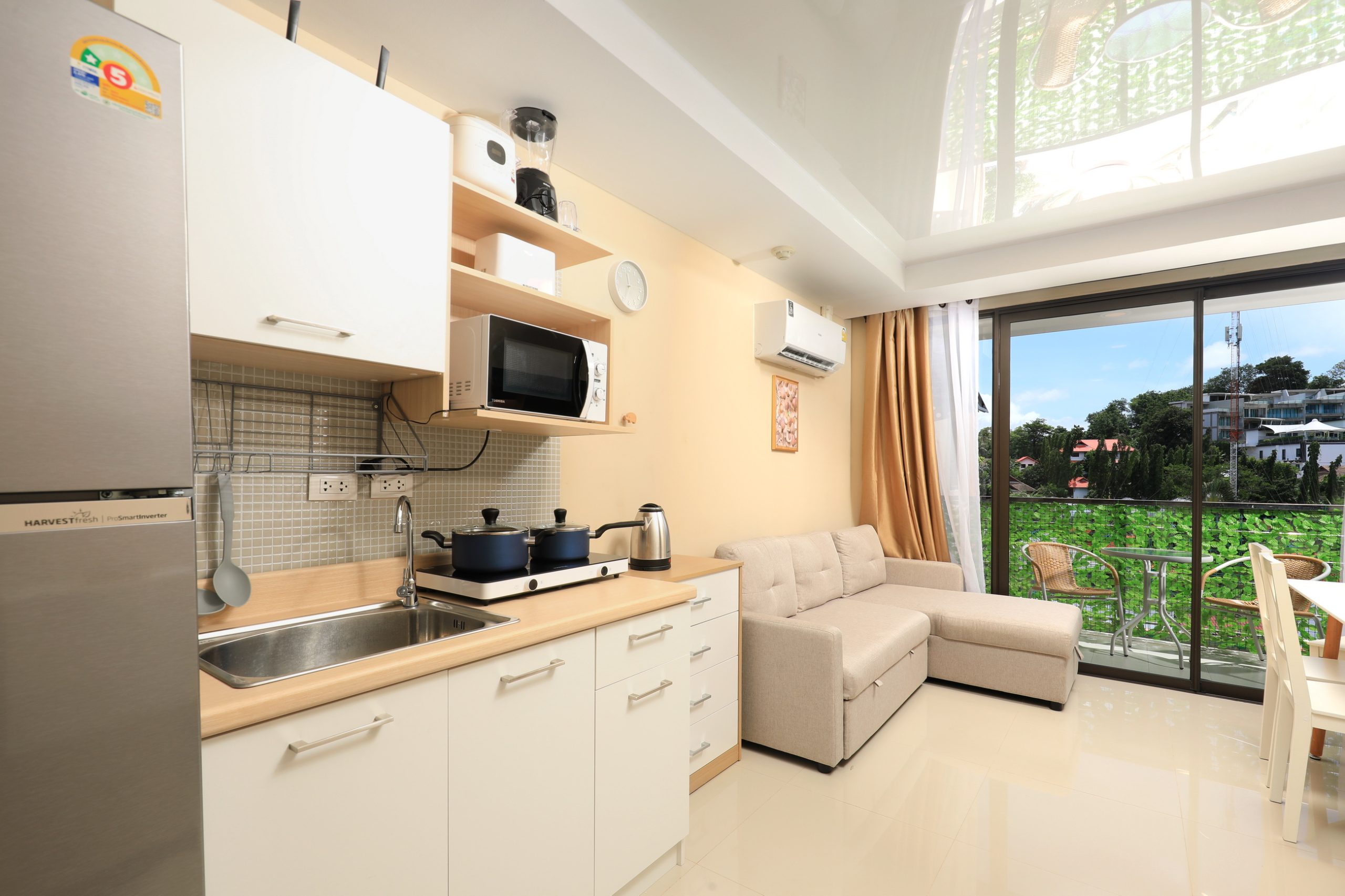
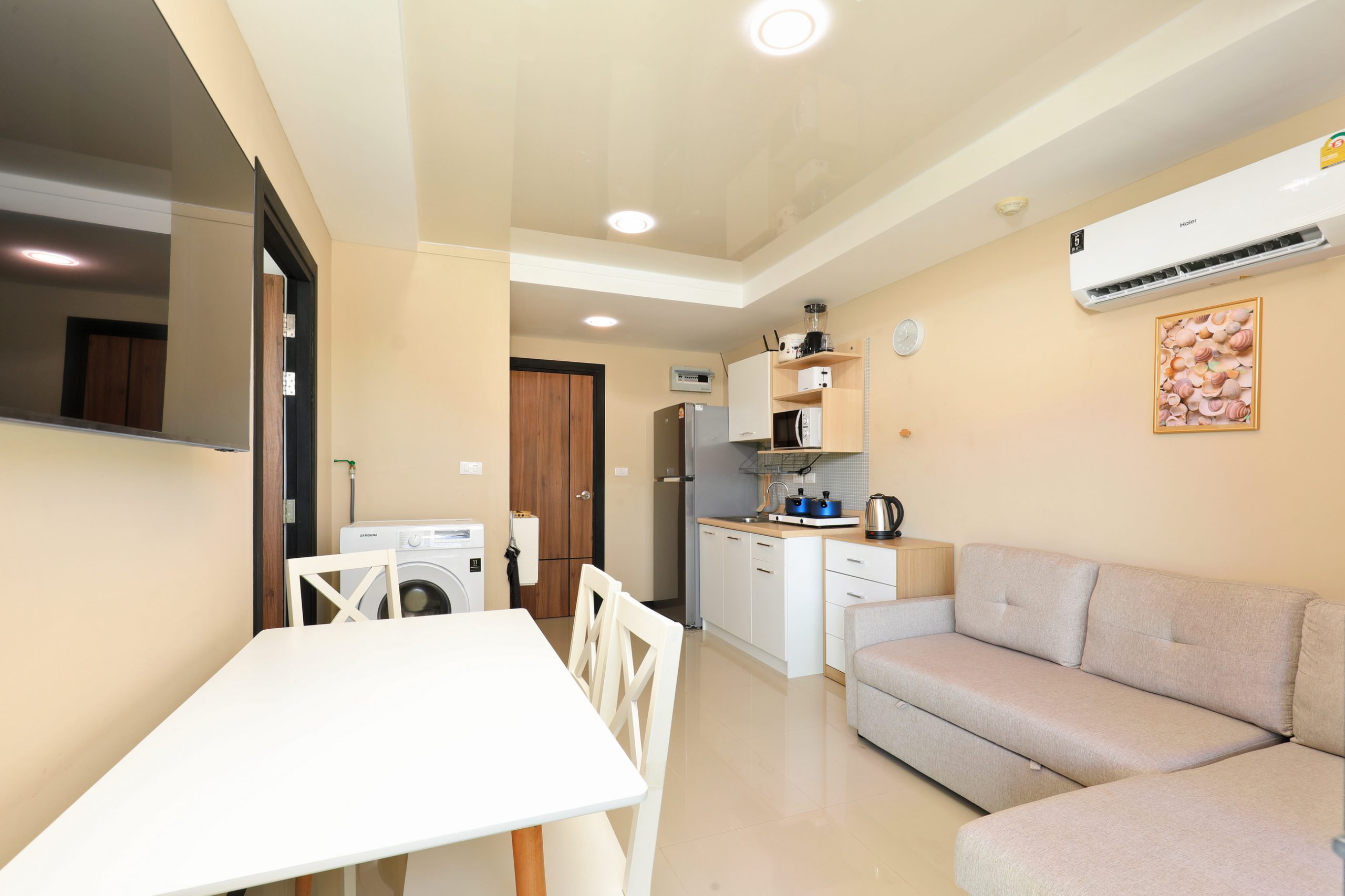

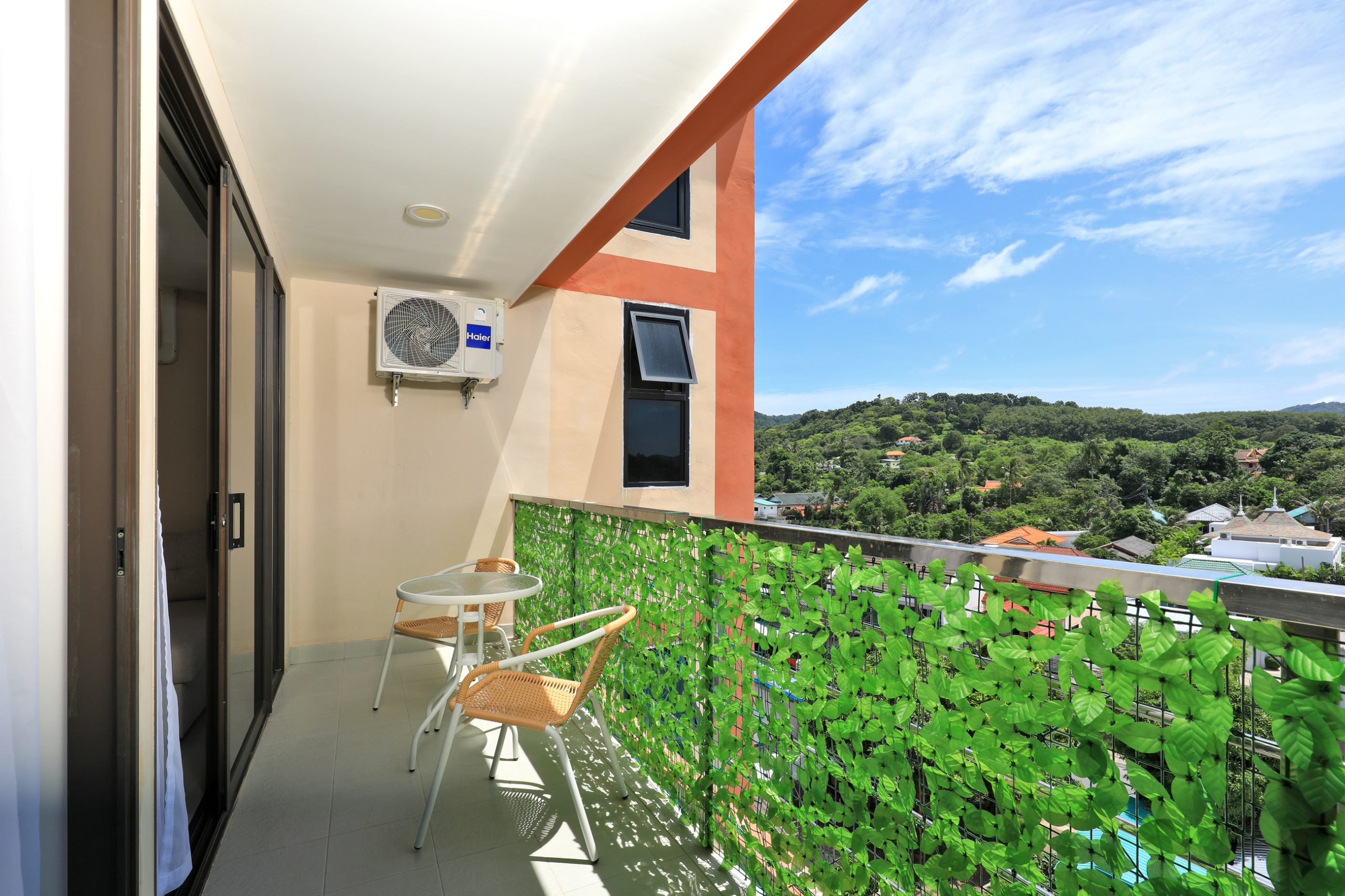
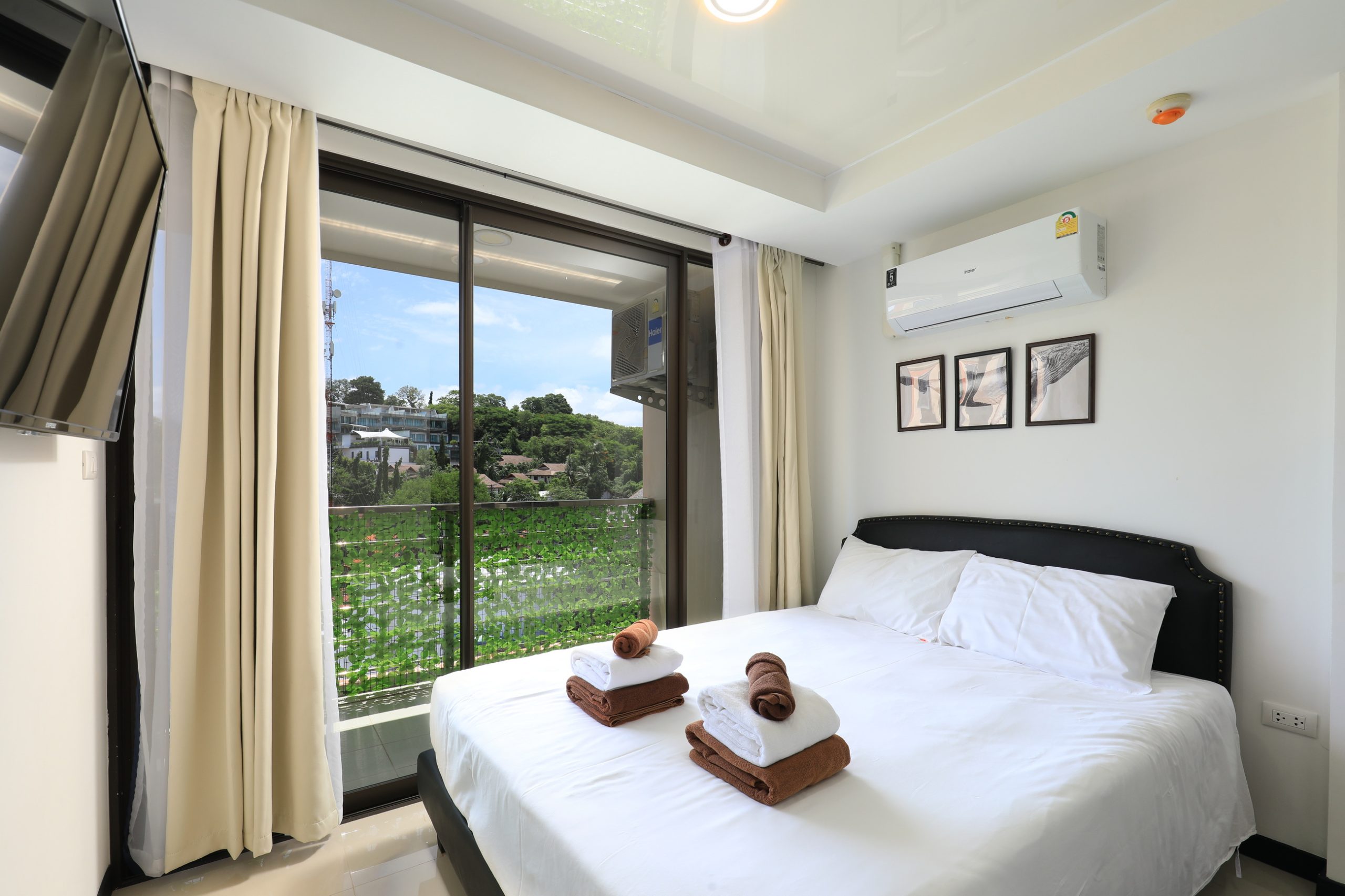

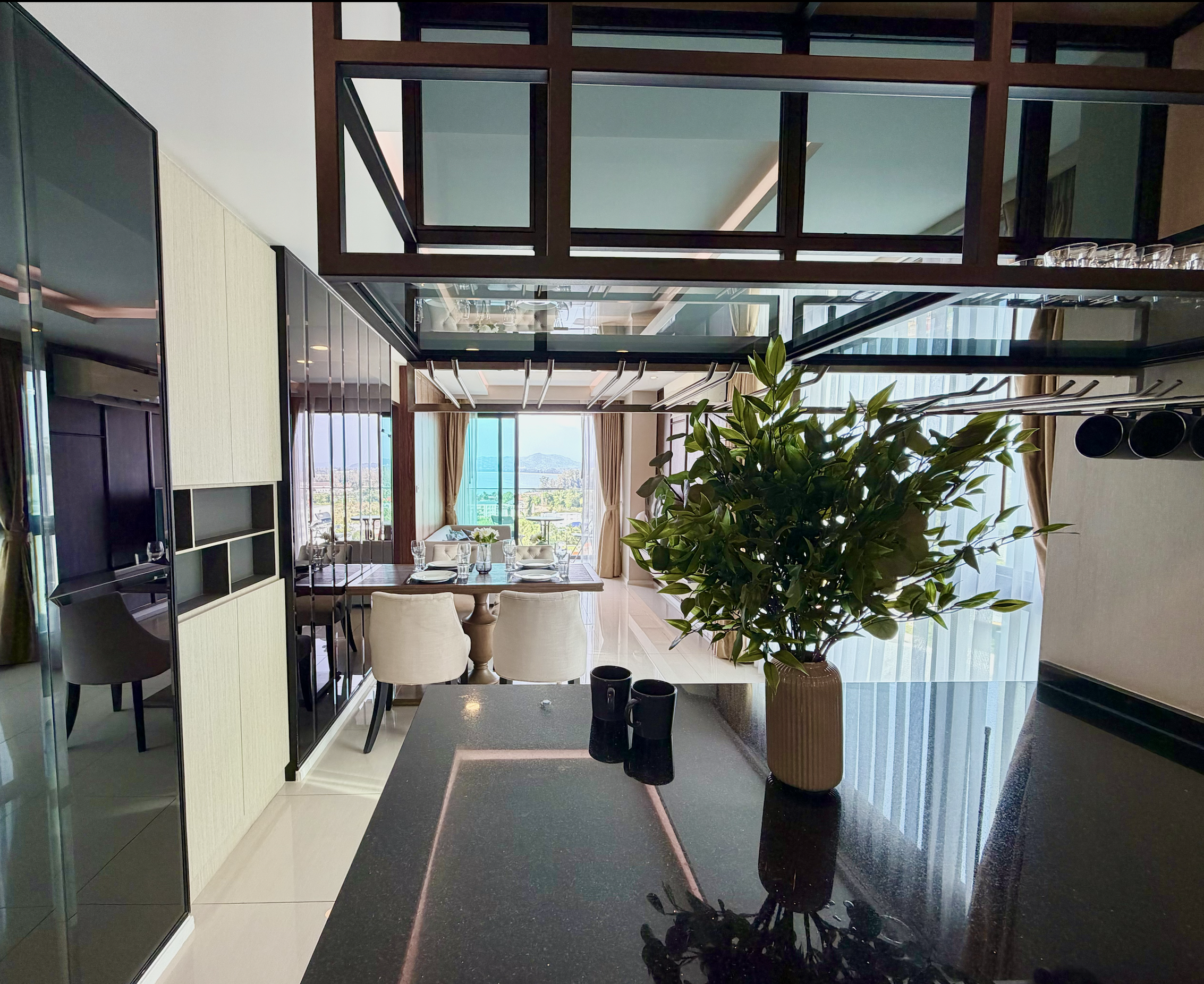
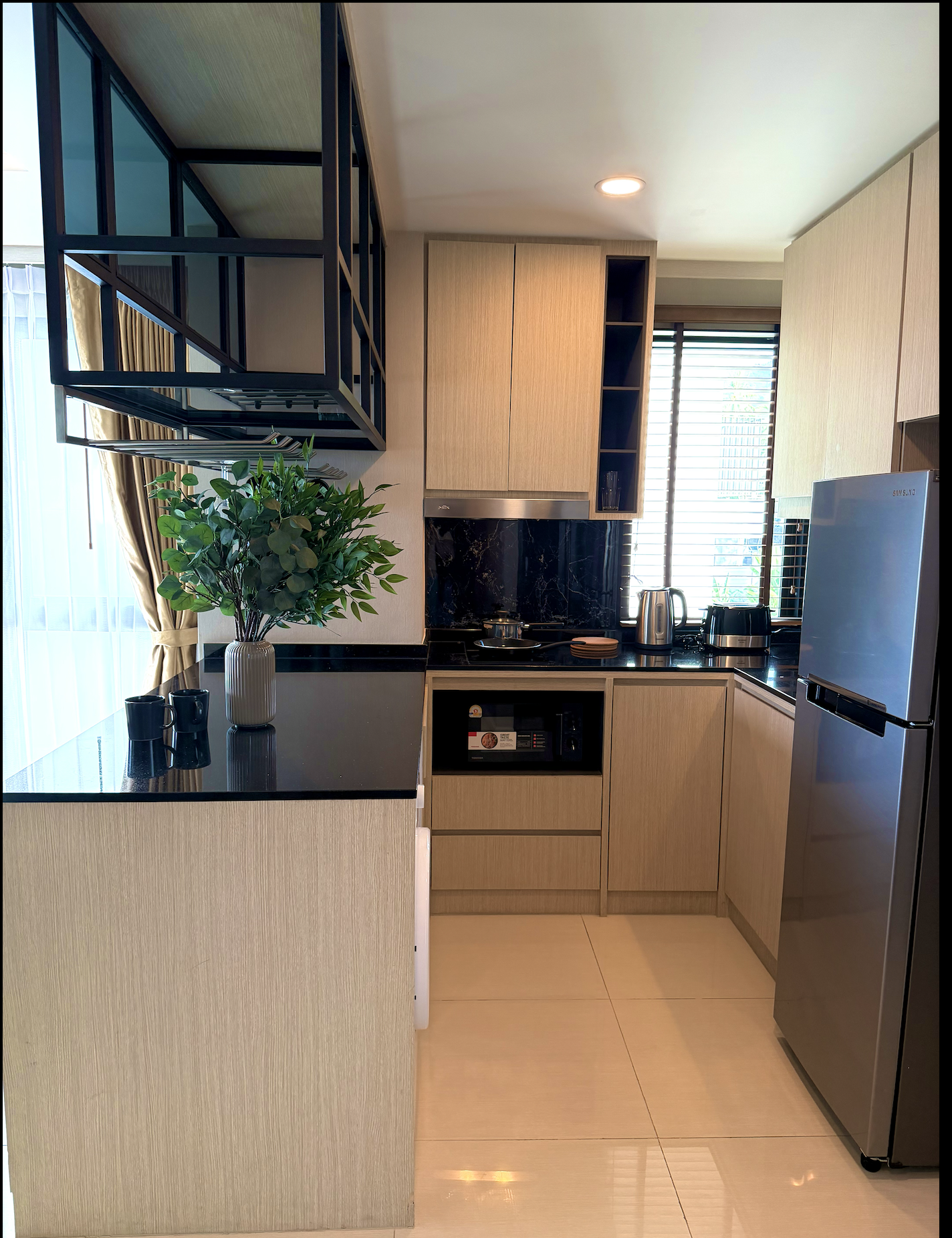
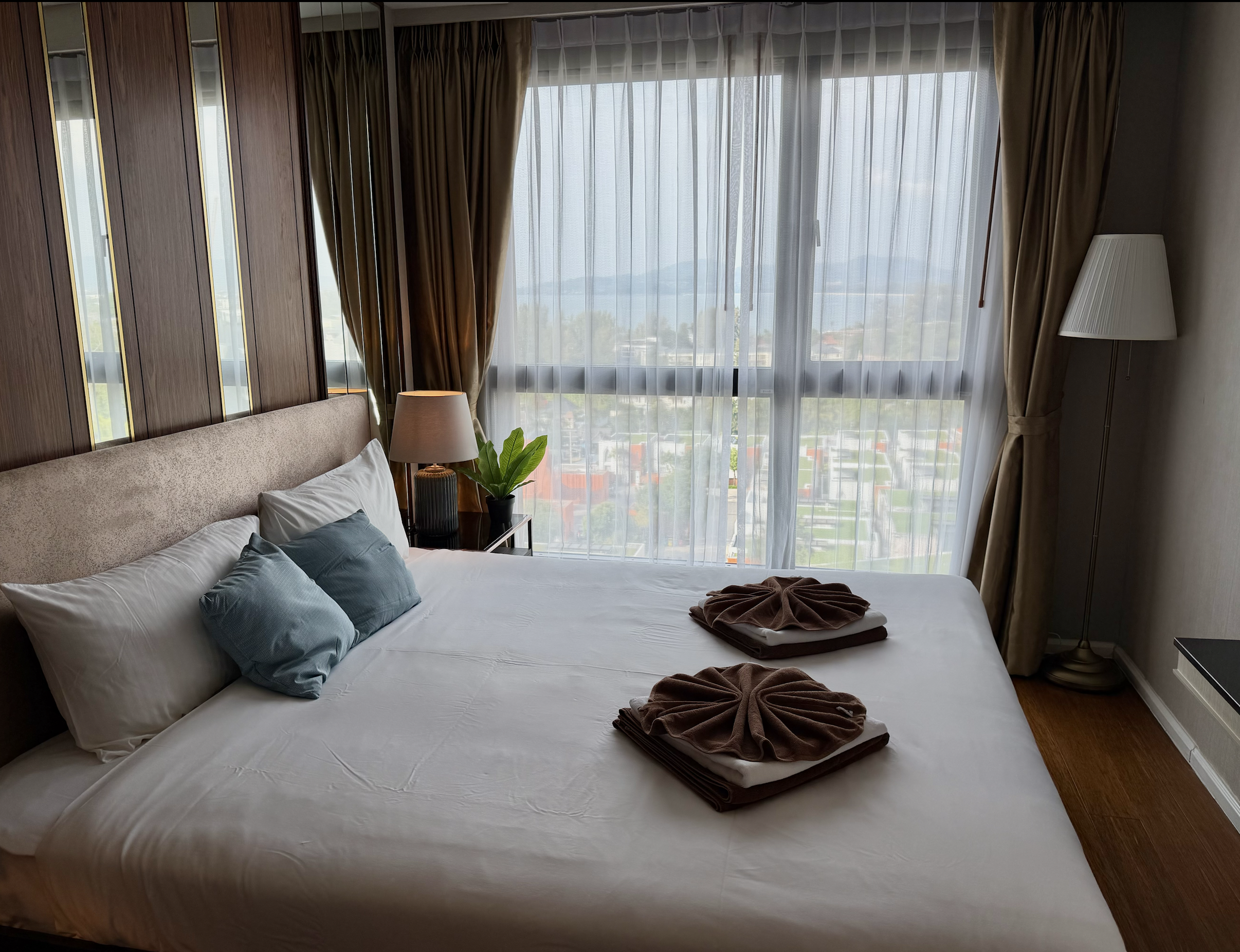
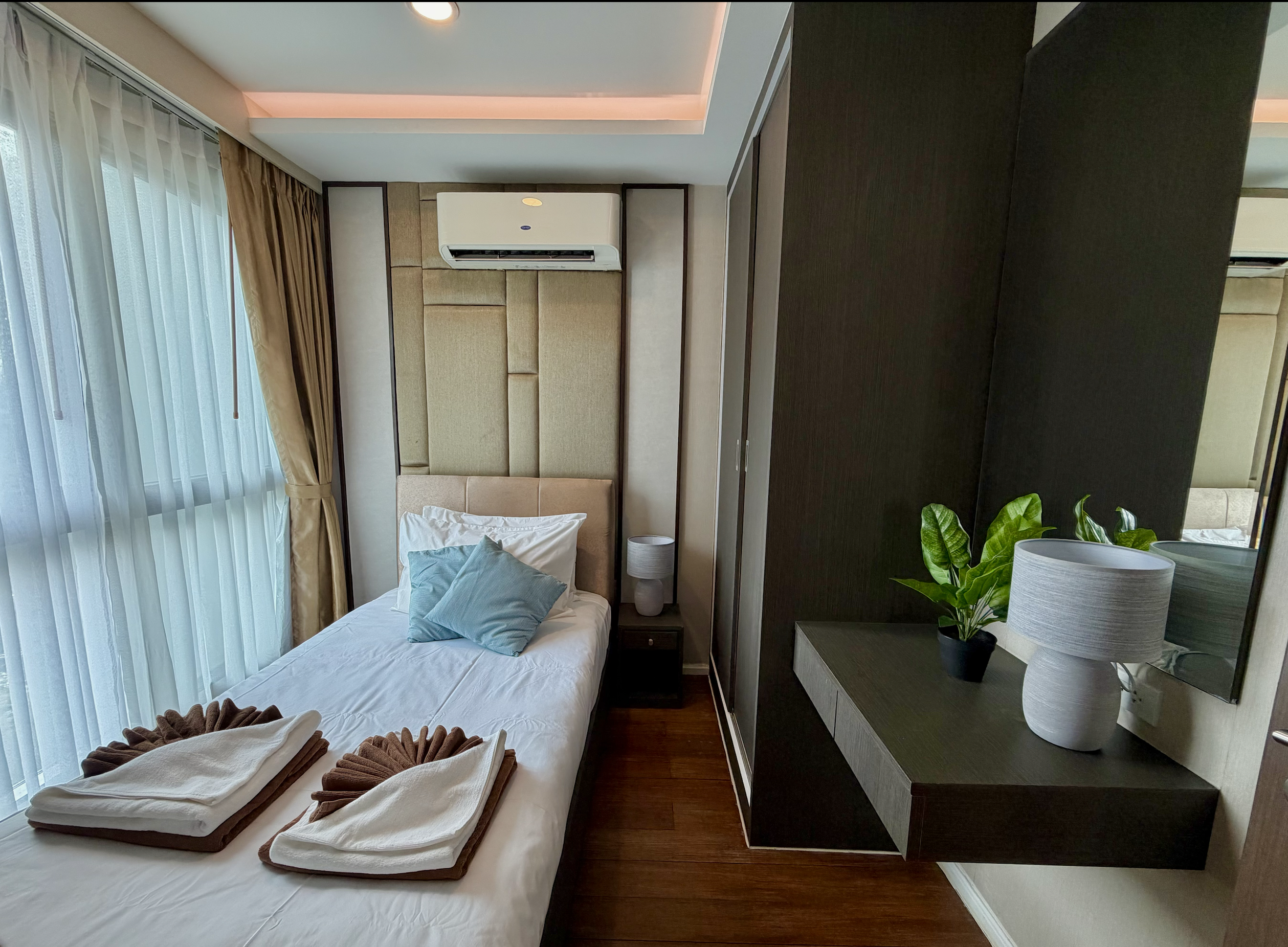
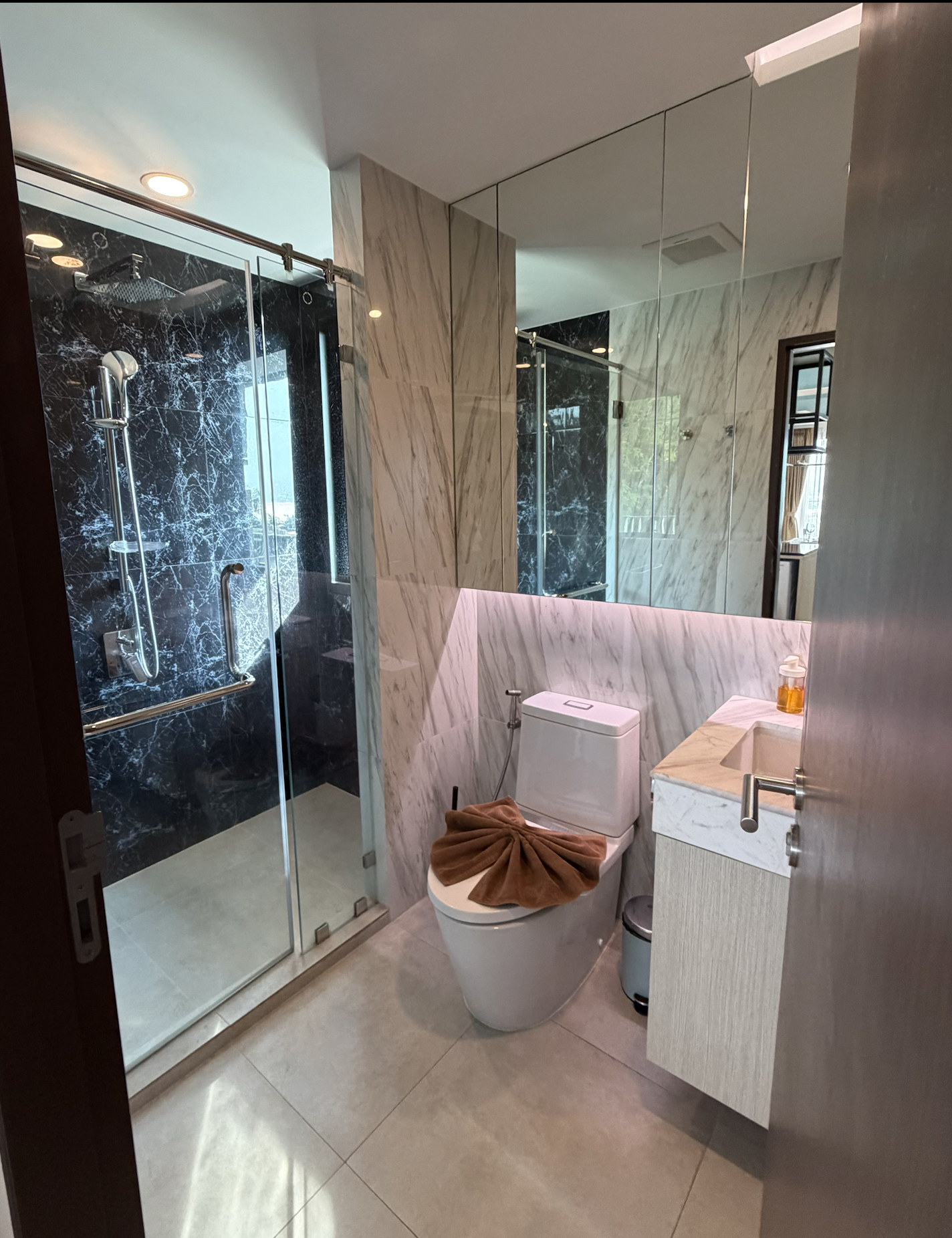
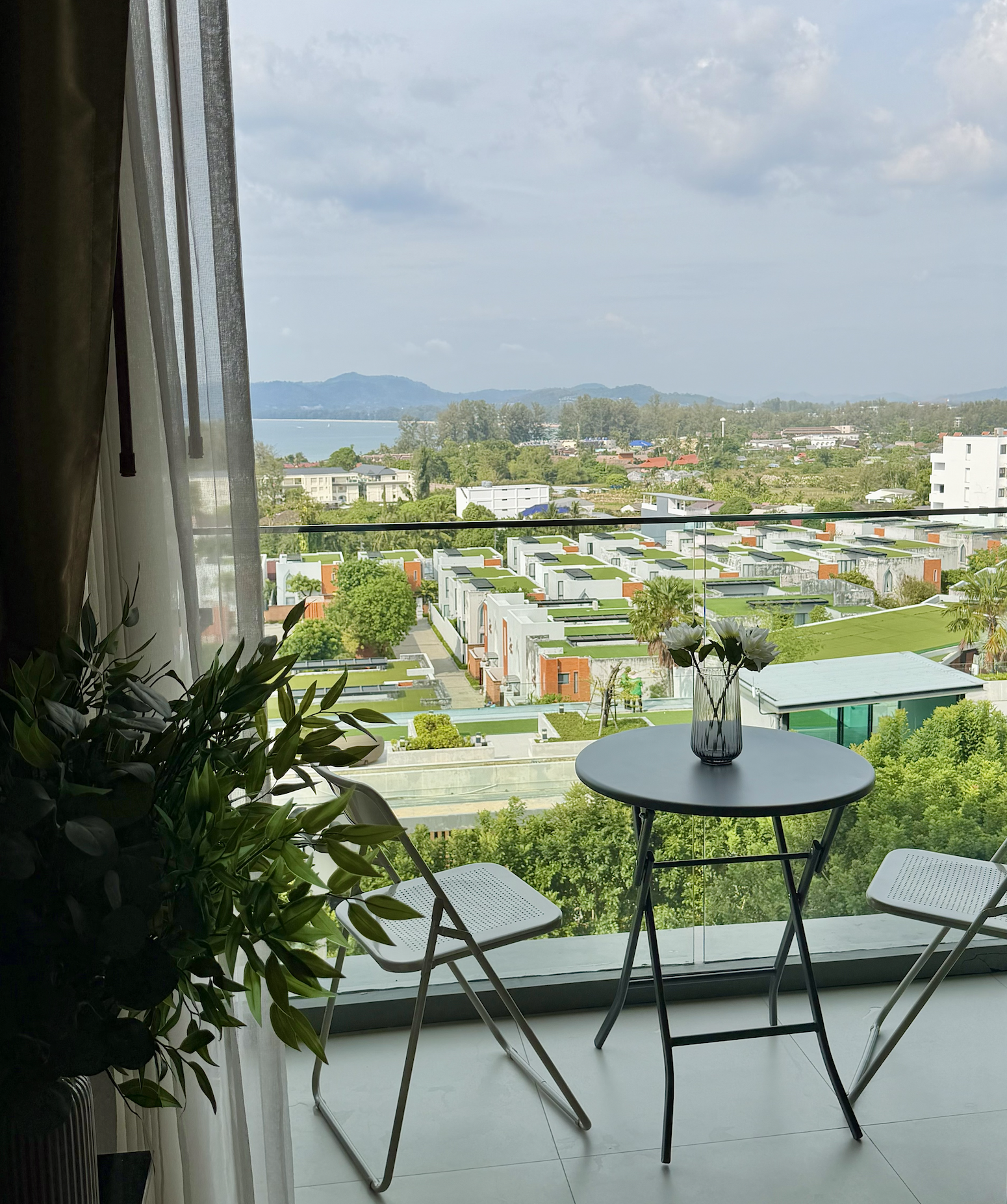
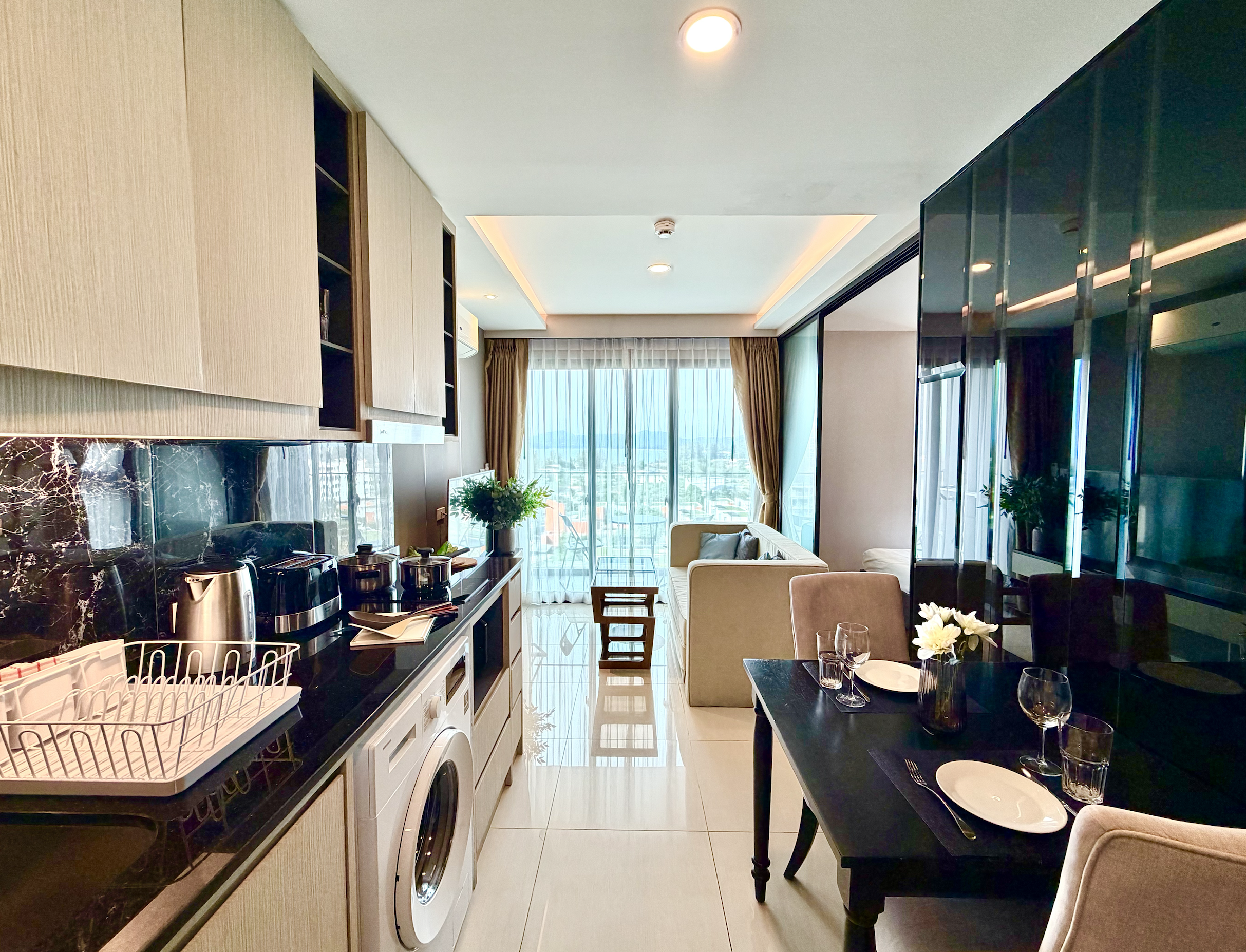
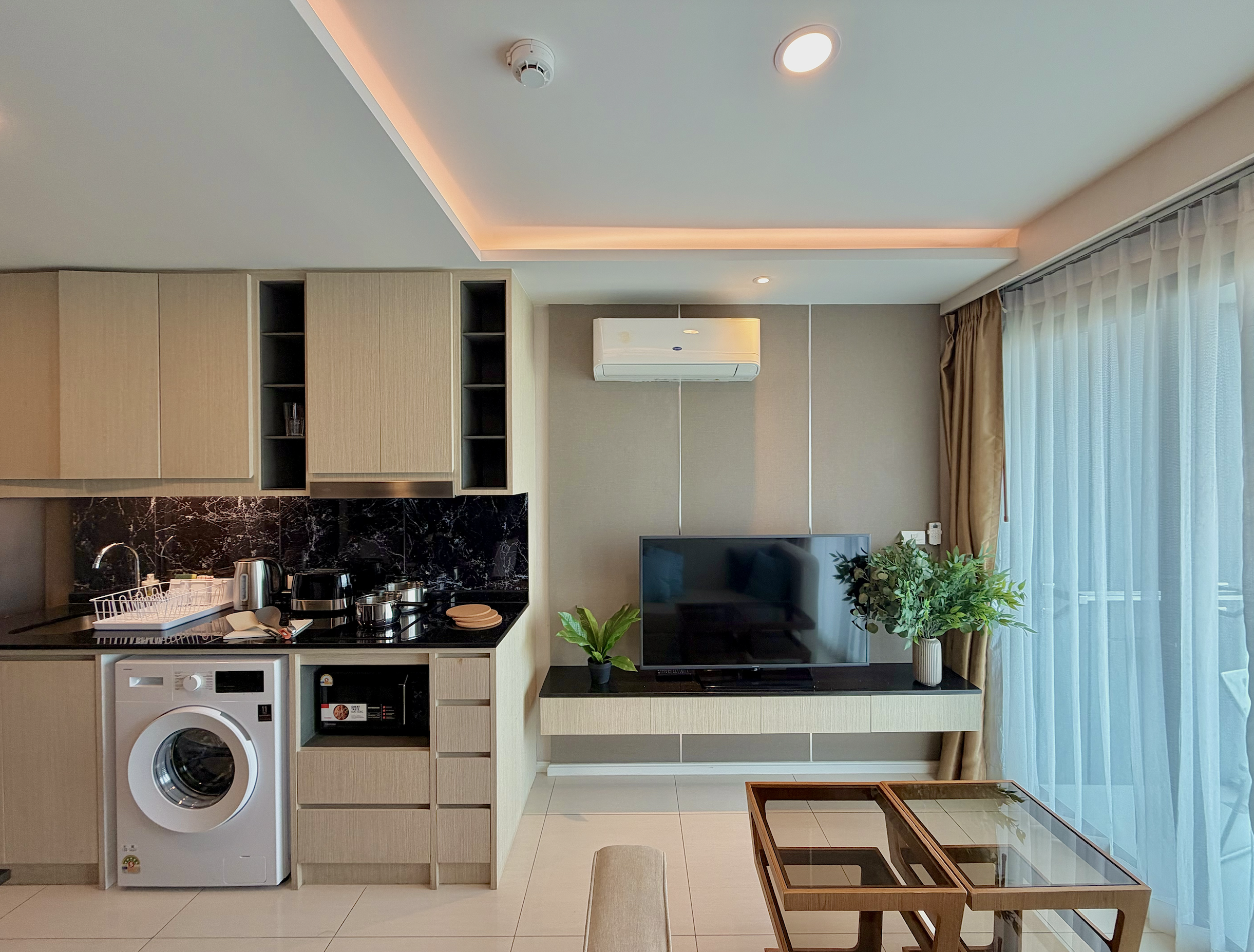
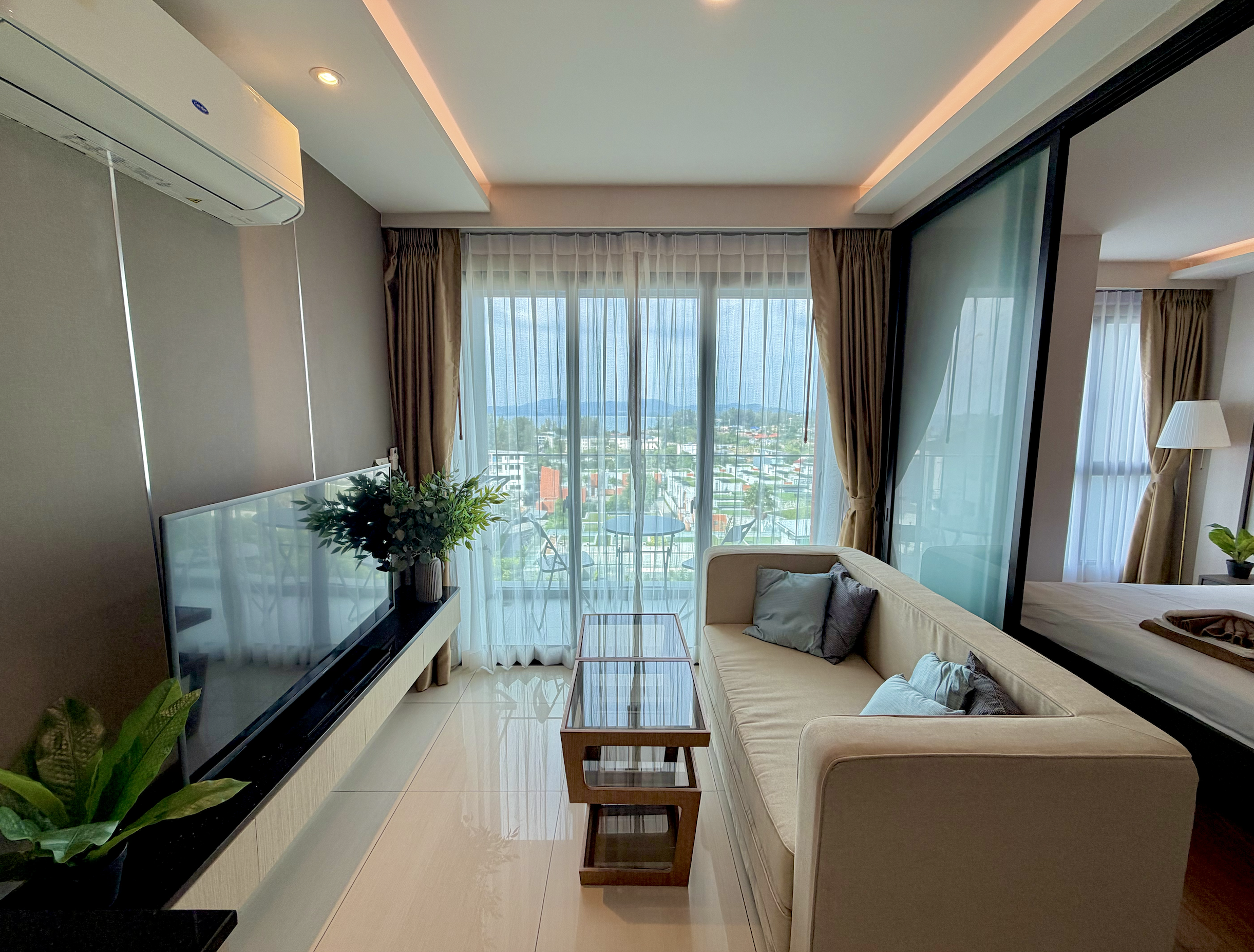
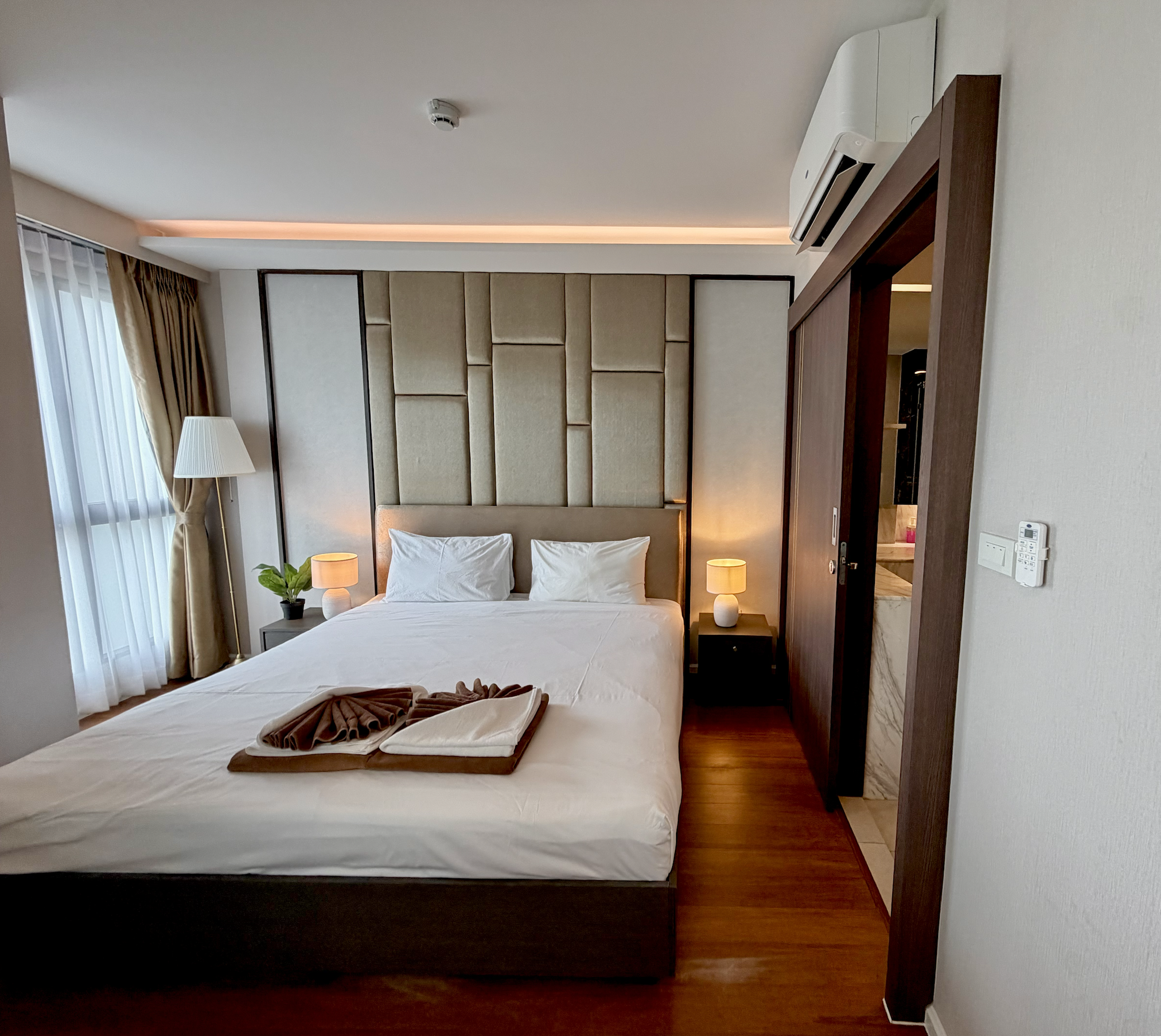
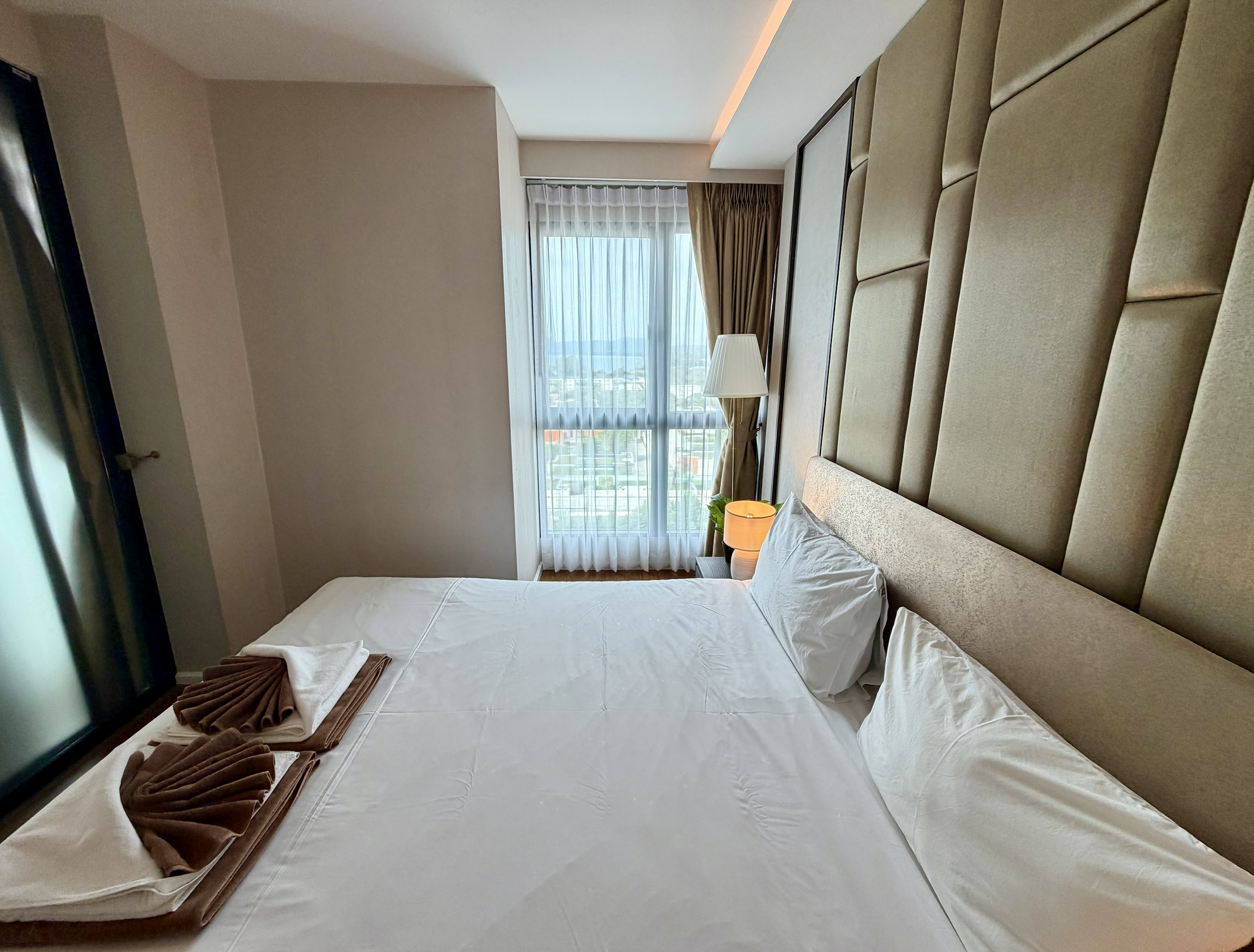





Send a comment